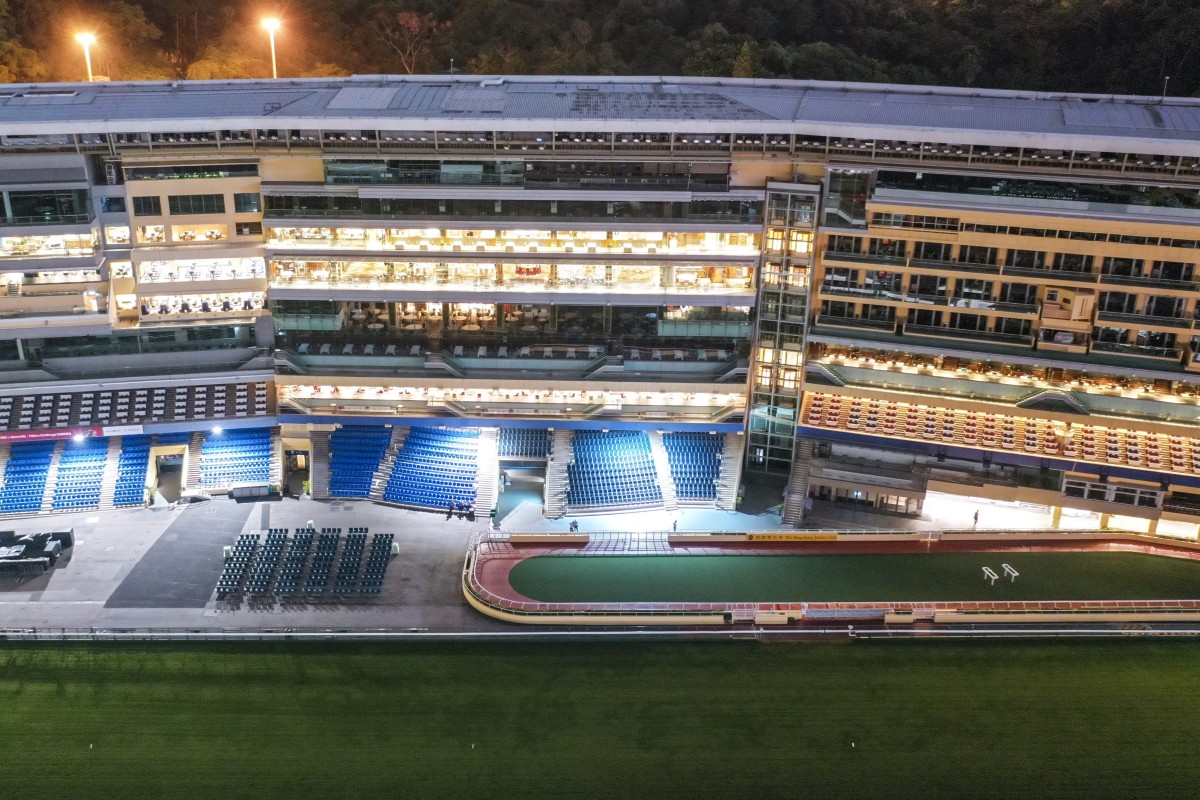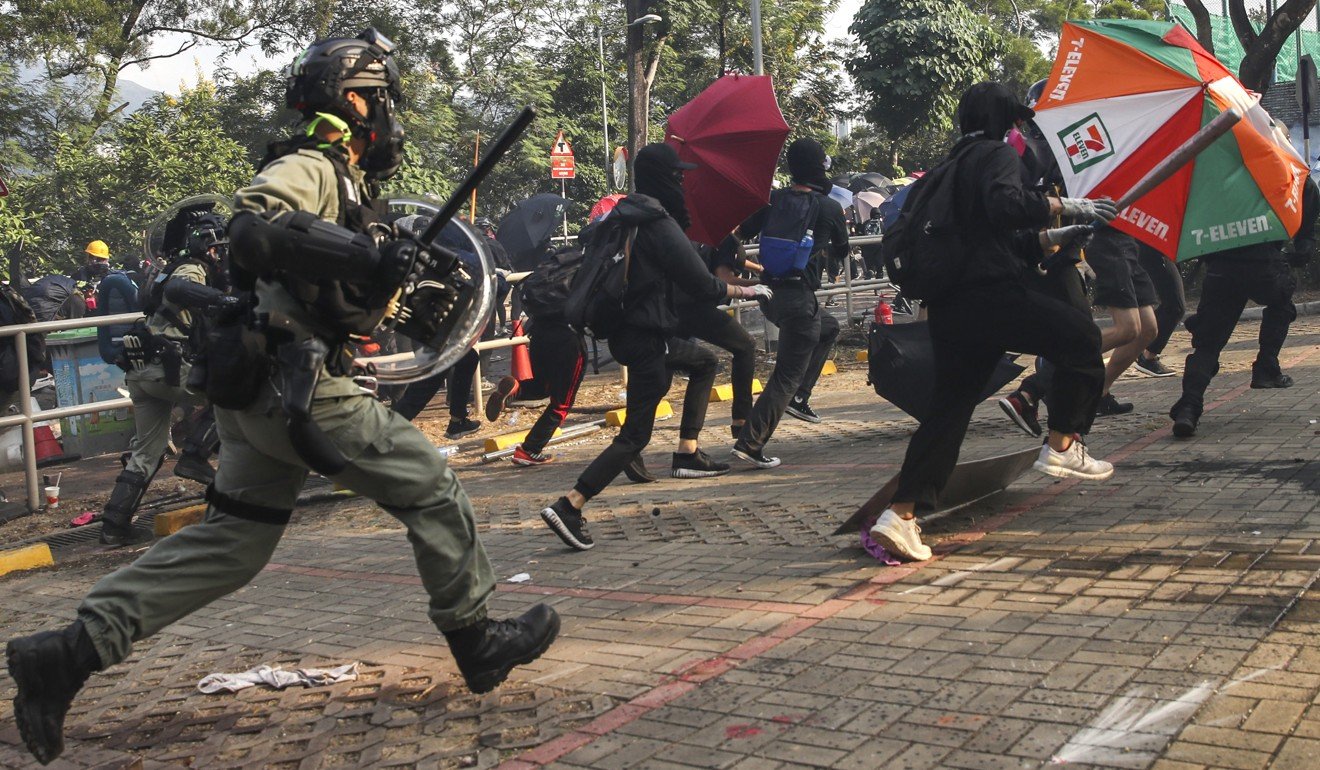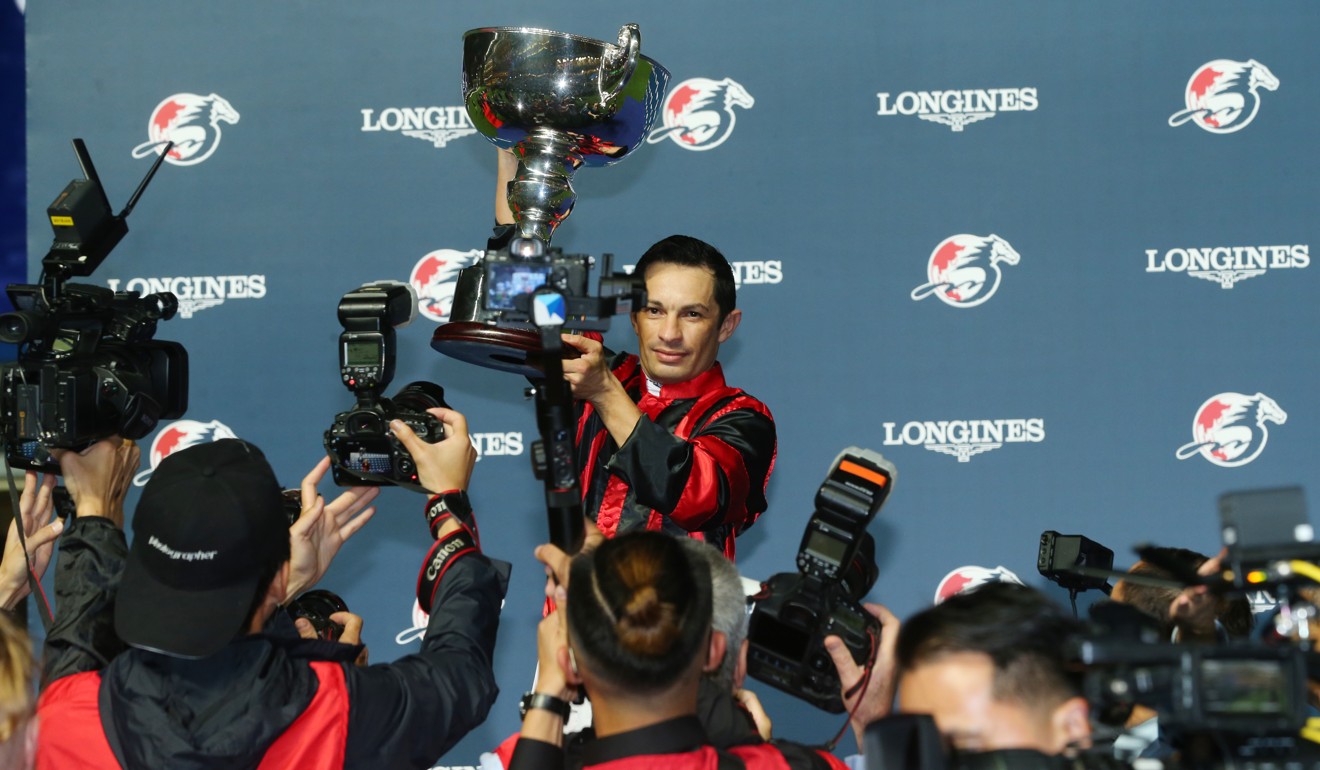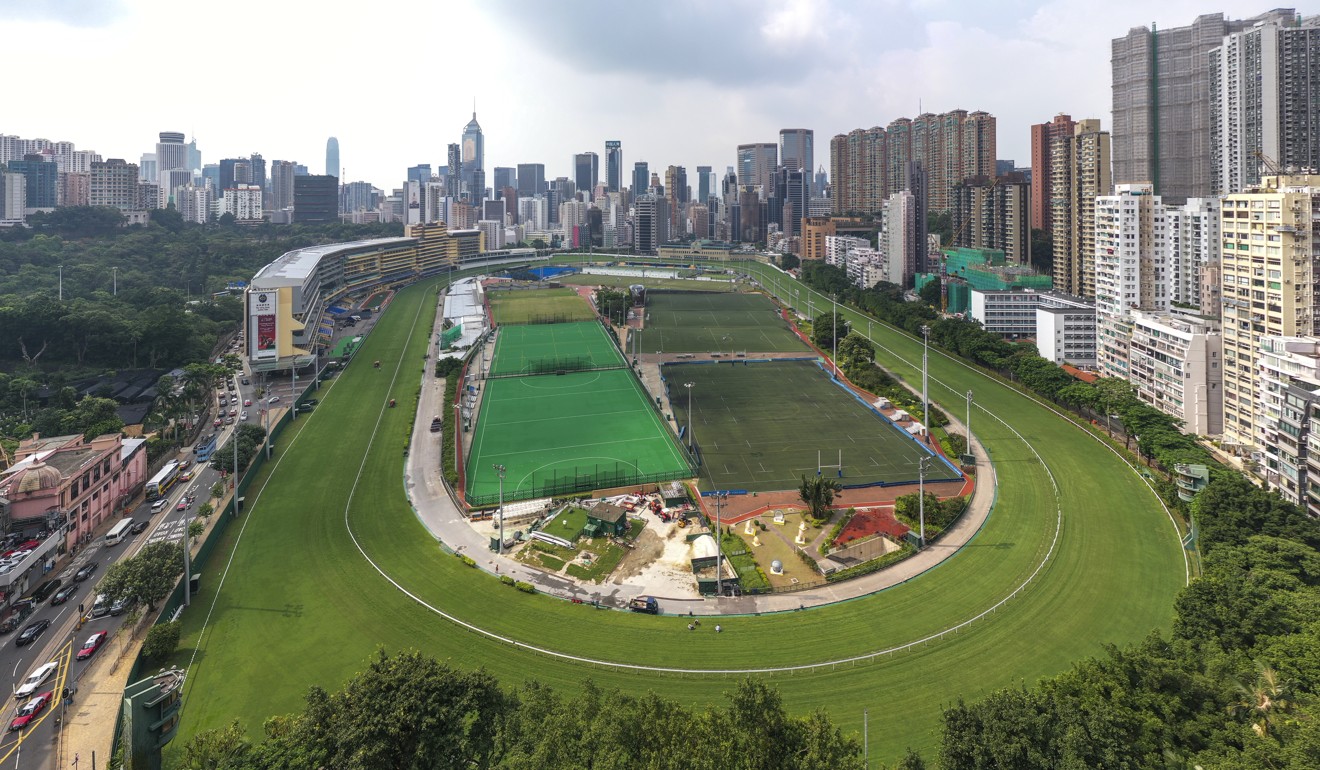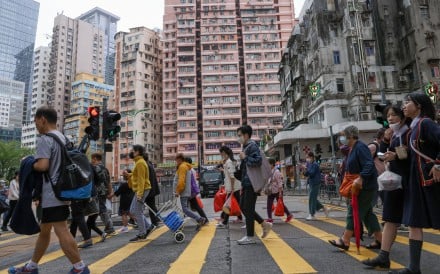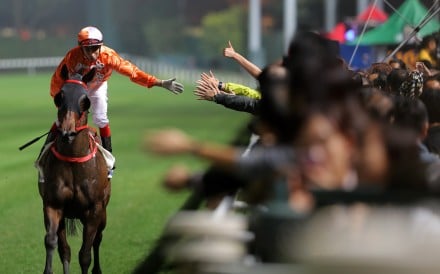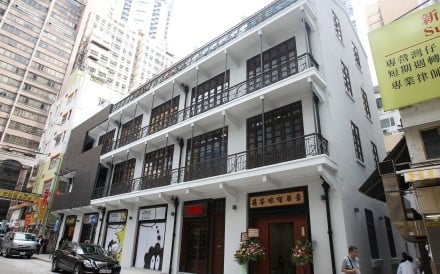The cancellation of Wednesday night’s Happy Valley meeting has serious ramifications – costing the Hong Kong government about HK$130 million while leaving a host of unanswered questions for the Jockey Club just weeks before the international races.
This is the second time a card at the city track has been abandoned in the past two months, but the circumstances around this one are much worse than the situation on September 18.
On that occasion, the safety concerns were caused by a singular person – controversial pro-establishment lawmaker Junius Ho Kwan-yiu – and the threats against him after he demanded his horse, Hong Kong Bet, compete at the meeting.
Ho subsequently changed his mind and declared the horse wouldn’t run again until the simmering tensions in the city calmed down. The galloper remains safely tucked away at the club’s Conghua facility in Guangdong, but the chaos has only escalated.
Controversial lawmaker Junius Ho holds Hong Kong racing hostage – and there are no winners
The cancellation this time is different as it really has nothing to do with the Jockey Club and is all about the flammable environment in Hong Kong.
There were concerns about the ability to transport the horses from Sha Tin to Happy Valley, given the stables are just a kilometre away from one of the main flashpoints between protesters and police – the Chinese University of Hong Kong.
Officials thought the horse transport situation was manageable but ultimately decided getting staff and customers to and from the track safely was not, given the massive disruptions to public transport as tensions continue to flare.
This is a situation the Jockey Club cannot control and if this level of hostility continues – or gets worse – other meetings are likely to be at the mercy of the turmoil.
Race days at Sha Tin are easier to control – it is not in an urban jungle and the Jockey Club has more control over the area – but there are still concerns given the situation at CUHK.
So what does it mean moving forward?
This meeting will not be replaced – there are no available slots in the calendar – so in theory that is about HK$1.3 billion in turnover gone, of which HK$130 million is betting duty paid to the government and HK$60 million retained by the Jockey Club for operating expenses and charity contributions.
Now, that is likely to be mitigated somewhat by the addition of extra races on some other cards, but the core tenet remains – the meeting is gone. There is now an even bigger backlog of horses needing to run.
Jockey Club minimises risk in fragile environment ahead of HKIR
There has to be a genuine concern about the status of the marquee International Jockeys’ Championship meeting at Happy Valley in three weeks.
As already mentioned, Happy Valley meetings are more vulnerable than ones at Sha Tin, so the Jockey Club will be praying things settle down somewhat to allow that event to go ahead.
At the moment the Jockey Club just has to take things day by day – it is a fluid situation but contingency plans must be made.
It would be a huge embarrassment to have to cancel the showcase meeting – featuring some of the best riders on the planet (hopefully they still come) – when the world is watching.
Which brings us to the Hong Kong International Races.
Everything the Jockey Club has done since the protests started has focused on risk minimisation to protect the biggest day of racing on the calendar.
Officials have called in favours to ensure the event is the best it could possibly be, even sending a delegation to Japan to reassure owners and trainers that it is safe for them and their horses.
The result was securing a commitment from the connections of Almond Eye, one of the most popular horses on the planet, to compete in the Hong Kong Cup.
With the latest escalation, it would only be natural those internationals who planned on making the trip to HKIR are second-guessing themselves. At the very least they will put in a phone call asking for more assurances.
What Almond Eye means to HKIR and the Jockey Club (hint: a lot)
They are likely to be perfectly safe, but the timing of this cancellation is terrible in terms of optics for attracting visitors.
Looking further ahead, it would make sense for more meetings to be switched from Happy Valley to Sha Tin, but that would mean a lot more dirt racing for horses not necessarily suited to that surface. It’s probably the best of a bad set of options.
The thought of racing at Conghua has been floated in some quarters, but that is just not realistic from a logistical point of view in the current climate (how many people and horses would need to cross the border – and get back), while gambling/hosting a simulcast on any “exhibition meeting” is a complete non-starter given the laws in the mainland.
Over the past five months, the Jockey Club has done remarkably well to remain neutral and navigate its way through this volatile environment, continuing to operate basically as normal.
Despite some inconveniences, racing had remained largely unaffected by the protests. That is not the case any more.
